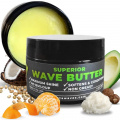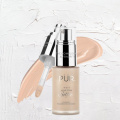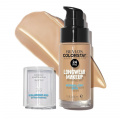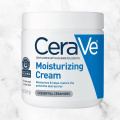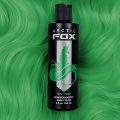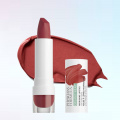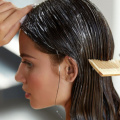Is Sunscreen Safe for You? Side Effects of Using Sunscreen to Know About
The humble cream may be a crucial part of your skincare routine, but it has its limitations. Here are the side effects of sunscreen you ought to know!
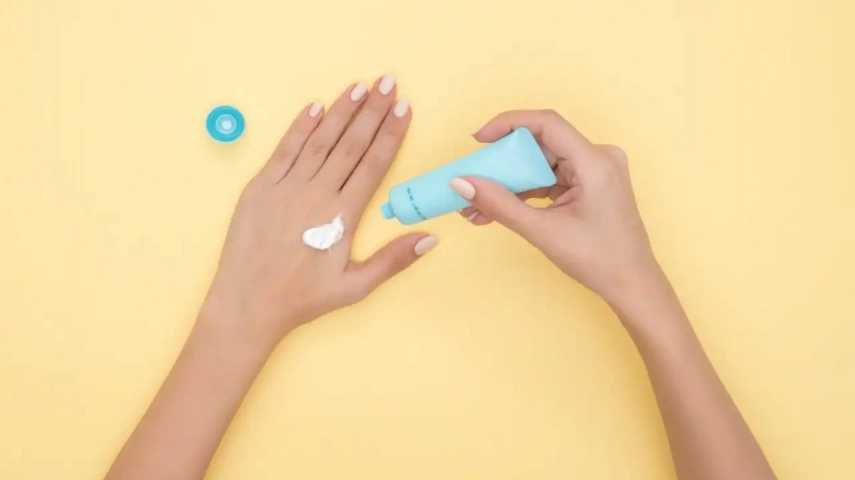
Exposing yourself to sun rays is usually both a boon and a bane. We have seen that the ultraviolet rays (UV) rays from the sun may help in mediating the natural synthesis of vitamin D and endorphins in your skin. While, on the contrary, it might also cause health risks like skin cancer, wrinkling, pigment changes, atrophy, and malignancy (1). To combat these limitations of the sun rays, you may have adapted yourself to religiously use sunblock. But have you ever questioned, what are the sunscreen effects after usage? Or perhaps, what kind of damage it may cause to your skin? From understanding how to apply the cream on your skin to the side effects of sunscreen — here’s all you need to know about using sun protectants.
Sunscreens help a great deal in protecting our skin from the damaging effects of the sun. But there can also be negative effects of sunscreens that you must know about so that you can pick the right one and reap its benefits. Sunscreens laden with oxybenzone, parabens, and avobenzone, can damage your skin. Hence, it’s best to use a sunscreen that has a gentle formulation.
What Is SPF in Sunscreen?
SPF means sun protection factor — an SPF formula shows the effectiveness of sunscreens. It shows how effective is sunscreen in protecting the skin from UVB rays and minimizing the potential health risks of sun rays. SPF 15 blocks about 15% of UVB radiation, SPF 30 blocks 97% of UVB rays, and SPF 50 formula provides maximum sun protection, as it blocks 98% of UVB rays.
How to Apply Sunscreen on Your Skin?

Proper application is the key to making your sunblock effective. Here’s how you may apply sunscreen on your skin to maximize its effect and efficiency.
- Firstly, choose a sunscreen that promises broad spectrum coverage, is waterproof, and has SPF 15 or higher. This type of sunblock may be effective and protect you properly against UVA and UVB rays from the sun (2).
- According to research, it might be ideal to apply your sunscreen for about 15 to 30 minutes before you step out in the sun. If you apply the cream after you have exposed your skin to the sun or just before stepping out, then it may not be too effective and cause damage to your skin (2), (3).
- You might need to reapply the cream once if you have exposed yourself to vigorous activities like swimming and running, or in circumstances of the cream getting rubbed off. Reapplying sunblock may be done every 2 hours after the sun exposure has begun (2), (3).
- The most imperative part about applying sunscreen on your skin is to ensure that you do it liberally. Use a good amount of the product and apply it everywhere — neck, face, ears, behind ears, elbows, hands, toes, legs, etc. This will provide you with overall protection and minimize skin damage in different areas.
Side Effects of Using Sunscreen on Skin
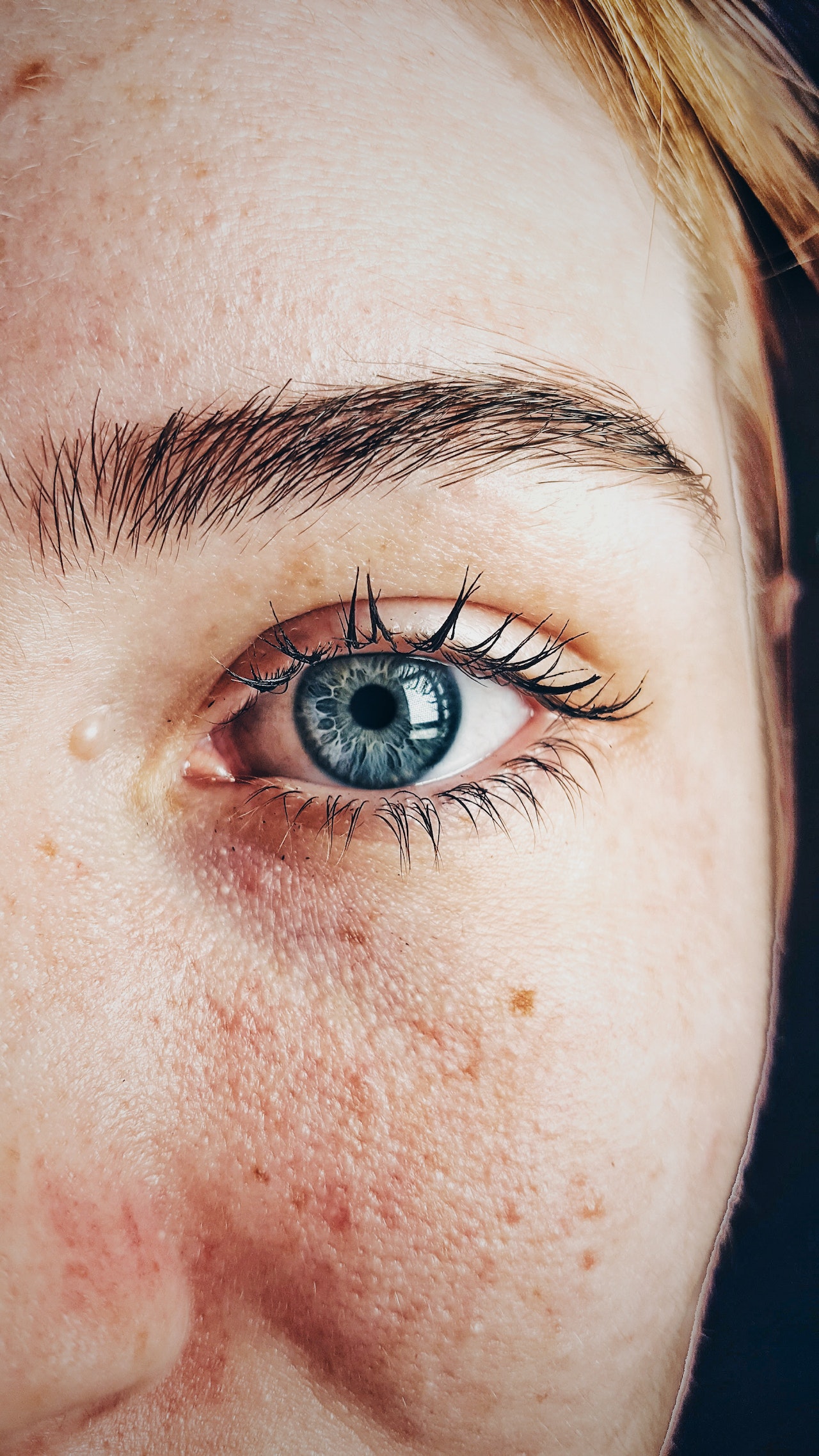
An integral product in everyone’s cosmetic closet today, sunscreens have become the most popular method of UV protection ever since its introduction. Yet this ubiquitous necessity may pose a risk to your skin and health. Ahead, find the ultimate edit of all the disadvantages of sunscreen.
- It Might Cause an Allergic Reaction in Your Skin
The most common and biggest harmful effect of sunscreen is that it is filled with chemicals that may cause allergies to your skin. According to studies, some organic UV filter sun creams contain elements like oxybenzone, octocrylene, cinnamates, and benzophenones which might lead to photo allergy or photo contact dermatitis (4). Gradually, this may cause irritation and inflammation in the skin (2), (5).
- Sunscreens May Irritate Your Eyes
The side effects of sunscreen on the eyes are that it might cause pain and irritation. This may happen because the product is made with chemicals that might sting your eye and lead to a burning sensation (2), (4), (5), (6). In case of persistent irritation, it is wise for you to consult a doctor or an eye specialist who might help with treatment.
- It May Make Your Acne Worse
Although sunscreens may promise to protect your skin against UV rays-induced skin damage, they might cause trouble for people with acne. When acne comes in contact with chemicals like oxybenzone, octocrylene, cinnamates, and benzophenones (which are found in sunblock creams); it might become worse due to allergic reactions or photo contact dermatitis (2), (5). Hence, if you have oily or acne-prone skin, you may use a spray or gel-based sunscreen (7).
- Might Tighten Skin And Cause Pain in Hairy Areas
Some sunscreens may have adverse consequences on the properties of your skin. Research suggests that sunblock creams might make your skin thick, decrease its water content and elasticity, and also increase its elastase activity (8). These effects might come together to make your skin tight and hence cause pain in the hairy areas of your body.
- Sun Block Creams May Lead to Breast Cancer
You may have not noticed in the labels, but one of the most common chemicals used in sunscreens is benzophenone-3 (BP-3; oxybenzone). This harmful ingredient may have estrogenic properties which might impact your blood estrogen levels. According to studies, benzophenone is an endocrine-disrupting chemical that may affect the important hormonally regulated process in your body like mammary gland development and mammary tumorigenesis. Hence, using sunscreens might build the potential for breast cancer to develop in females (2), (9).
- It May Cause Pus in Your Hair Follicles
Pus build-up in your hair follicles is one of the most traumatic side effects of sunscreen . If you have sensitive skin, then chances are that sunblock creams may clog your pores and lead to an accumulation of the product. Gradually, this might result in a negative consequence like pus coming out of your hair follicles (10).
What Causes These Sunscreen Side Effects?
Here’s a breakdown of the harmful effects of sunscreen and what causes these unnecessary negative effects:
- Chemical Composition of Sunscreens
Problems with sunscreens arise when the chemical components of the product start reacting with your skin. This is highly likely if you have sensitive, oily, or acne-prone skin. Research suggests that sunblock creams contain harmful active ingredients like oxybenzone, octocrylene, cinnamates, and benzophenones which may cause photoallergy or photo contact dermatitis (4). Out of these elements, benzophenones and dibenzoyl methanes are the two chemicals which might lead to more adverse effects on your skin (2). As your skin comes in contact with these chemicals, it might also lead to irritation, redness, and inflammation (2), (5).
- Not Choosing the Right Type of Sunscreen for Your Skin
There are various types of sunblock creams available in the market which specially cater to and are suitable for distinct types of skin. Hence, you must choose the right kind as the wrong sunscreen might react with your skin and lead to side effects. You may opt for a cream that has a broad spectrum coverage, is waterproof, and also has SPF 15 or higher (2), (7). Research suggests that a sunscreen with SPF 50 or more might be harmful to you. Some of the SPF 50 sunscreen side effects include the risk of imbalanced protection which might lead to serious skin damage due to long UV radiation exposure (11).
- Forgetting to Reapply the Product
Reapplication gets ignored by most but it is unavoidable. The reapplication ensures that the cream is intact and protects you throughout the day. Studies suggest that you may reapply your sunscreen every 2 hours after exposure to the sun has begun (2). If you forget to reapply the product, it might lead to skin damage as you might be exposed to harmful sun rays without any protection.
How to Avoid Side Effects of Sunscreen
Are you wondering how you may avoid the side effects of sunscreen? Read on:
- If your skin shows redness or has irritation, then it is advisable to wash off the sunscreen.
- Consult a dermatologist to understand your skin type. Once you are aware of your skin and its nature, choose a sunscreen accordingly which would suit your type. From spray to gel-based, there’s a plethora of options to choose from (2), (7). Opting for a sunblock cream that suits your skin would help you avoid its side effects.
- Sunscreen application should be done every 2 hours once exposure to the sun has begun (2).
- If you have sensitive, oily, or acne-prone skin; then it is advisable for you to purchase an oil-free and non-comedogenic sunscreen (2), (7).
- Make sure that you apply a liberal layer of the product on your skin. Also, it is important to cover all parts — neck, ears, behind ears, elbows, legs, knees, face, etc.
- Avoid using sunscreen with an SPF of more than 50. According to the American Cancer Society, SPF30 blocks 97% of UVB, while SPF50 blocks 98%. Experts say that the SPF 50 formula gives a false security, as applying an SPF50 formula may make people think that they can stay out in the sun for a long period without any need for reapplication. This is why, it’s recommended to use an SPF between 15 to 30, depending on the time you spend under the sun.
How to Buy the Best Sunscreen?
When buying sunscreen, make sure to go through the ingredients list, and steer clear of products containing oxybenzone, artificial fragrances, alcohol, octinoxate, and parabens to avoid the disadvantages of sunscreens (8). Popular sunscreens contain safe ingredients like zinc oxide and titanium dioxide that keep the skin protected from UV rays and prevent skin reactions. If you don’t spend a lot of time under the sun, it’s best to go for an SPF 15 formula, or else pick the one that has an SPF 30 formula.
There are various types of sunscreens available on the market, hence, it’s important to consider your skin type before selecting one. Chemical sunscreens can be harsh on the skin, hence it’s best to avoid them to prevent skin irritations and adverse reactions, especially if you have sensitive skin. People with dry skin should look for spray sunscreens with hydrating ingredients, whereas those with oily skin should go for non-comedogenic products that won’t clog pores and cause acne.
Other Effective Tips to Stay Protected from the UV Light
- Use a hydrating lip balm with a low SPF formula to protect your lips from getting damaged.
- Wear a hat when you get out under the sun.
- Carry your sunglasses to prevent the unwanted effects of sun rays.
- Reapply your daily sunscreen to reap all its benefits.
Conclusion
From protecting your skin against the harmful UVA and UVB sun rays to preventing serious problems like skin cancer, sunscreen is a safety net against the sun (1), (2). While it might have its share of benefits, there are several disadvantages of sunscreen that you ought to know. Some of these side effects of sunscreen may include consequences like allergic reactions, risk of breast cancer, may aggravate acne, and more (2), (4), (5), (6), (9). Hence, using sunscreen may be both ? a boon and a problem. It is important to choose the right type of sunscreen for yourself consciously and wisely. It should ideally have SPF 15 or more, be water resistant, and be suitable for your skin (2), (3). Additionally, before using the product you might do a skin patch test to ensure that it is safe and suitable for use on your skin. This way you may be able to use the sunblock cream without any woes and also enjoy its benefits without succumbing to the sunscreen side effects.
Sources:
1. UV radiation and the skin
2. Sunscreens and photo protection
https://www.ncbi.nlm.nih.gov/books/NBK537164/
3. When should sunscreen be reapplied?
https://pubmed.ncbi.nlm.nih.gov/11712033/
4. Sunscreens
https://pubmed.ncbi.nlm.nih.gov/25207381/
5. Potential allergencity of commonly sold high SPF broad spectrum sunscreens in the United States; from the perspective of patients with autoimmune skin disease
https://www.ncbi.nlm.nih.gov/pmc/articles/PMC6831754/
6. Comprehensive review of ultraviolet radiation and the current status on sunscreens
https://www.ncbi.nlm.nih.gov/pmc/articles/PMC3460660/
7. Sun screening agents
https://www.ncbi.nlm.nih.gov/pmc/articles/PMC3543289/
8. The effect of sunscreen on skin elastase activity induced by ultraviolet-A irradiation
https://pubmed.ncbi.nlm.nih.gov/16327169/
9. Benzophenone-3 promotion of mammary tumorigenesis is diet-dependent
https://www.ncbi.nlm.nih.gov/pmc/articles/PMC7721615/
10. A systematic review on traditional, ayurvedic, and herbal approaches to treat solar erythema
https://pubmed.ncbi.nlm.nih.gov/35643834/
11. [Sun protection factor 50+ : Pro and contra]
https://pubmed.ncbi.nlm.nih.gov/28401272/
12. Assessment and clinical implications of absorption of sunscreens across skin





 JOIN OUR WHATSAPP CHANNEL
JOIN OUR WHATSAPP CHANNEL



































